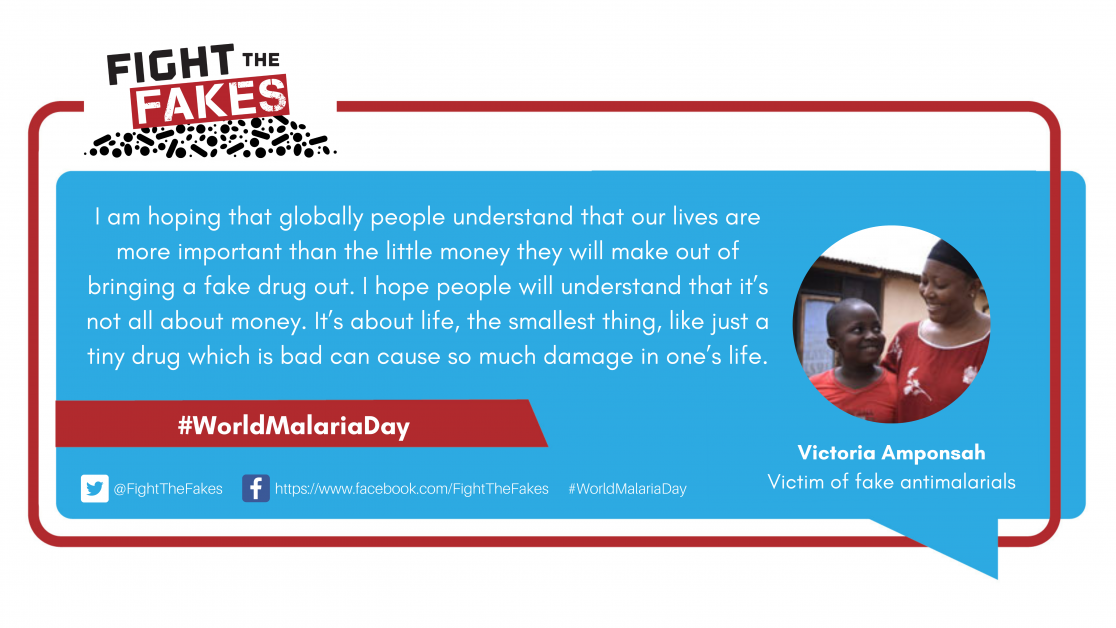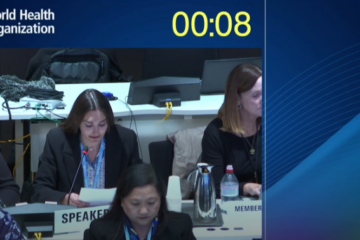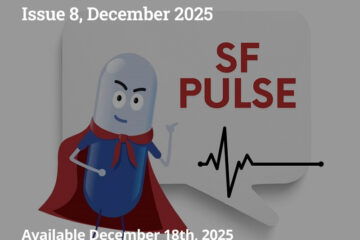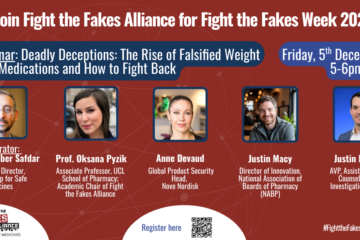The day Victoria Amponsah was diagnosed with malaria she also learned that she was two months pregnant. She left the hospital with a prescription for an anti-malarial drug and, like patients anywhere else in the world, went to a local pharmacy believing that the medicine she purchased would treat her condition. Victoria bought what she thought was a genuine, effective drug, but that was not the case. Her condition quickly worsened and within hours she was admitted to the hospital, learning later that she had been sold counterfeit pills.
Fortunately, Victoria and her baby survived the trauma and successfully fought off malaria, but this would not be her only personal encounter with fake medicine. At the end of her healthy pregnancy, she was deceived by a fake version of oxytocin, disguised in an official-looking package. Within thirty minutes, Victoria started sweating, shaking, vomiting and bleeding. She was in the hospital for two days, nearly lost her baby and had to return to the hospital every week after the incident for some time.
As Victoria knows all too well, fake medicine can threaten your health or even claim your life. According to the World Health Organization (WHO), about 700,000 people die every year from fake malaria and tuberculosis drugs alone. The WHO also estimates that 25-60% of the medicine supply in developing countries is either substandard or counterfeit.

Victoria lives in Accra, Ghana with her son, Denzel (named after actor, Denzel Washington). Her story gives voice to the millions of people around the world who are vulnerable, and too often victims, to the devastating consequences of fake medicine.
Watch this video from 2013 by our member US Pharmacopeia to hear more about Victoria’s story and learn how to be part of the solution. Together, we can help Fight the Fakes to ensure that all citizens of the world have access to affordable, high quality, safe and beneficial medicines.


